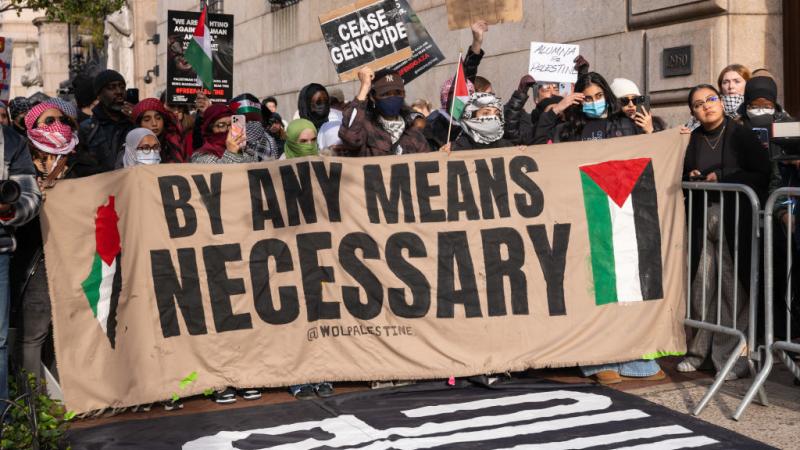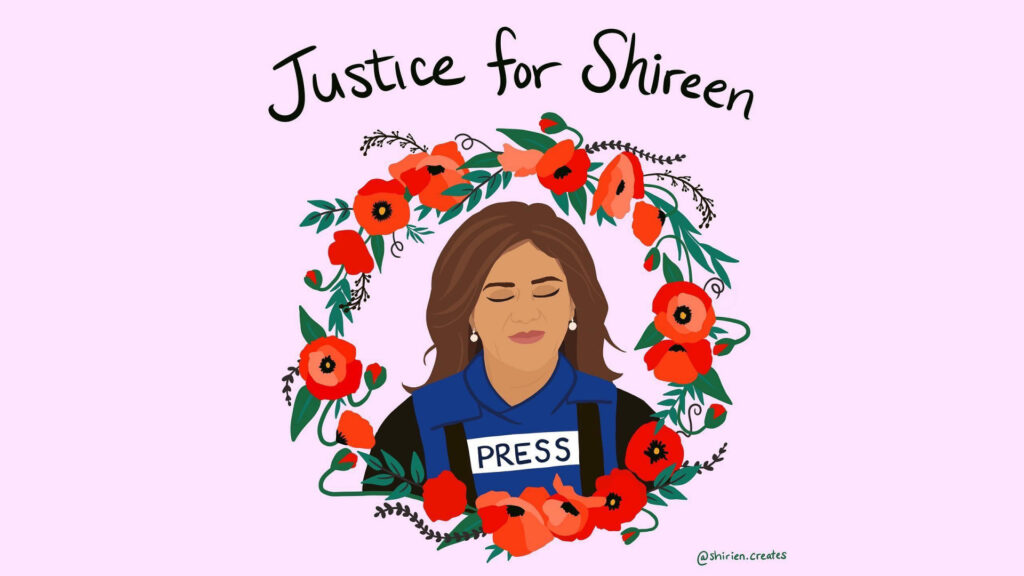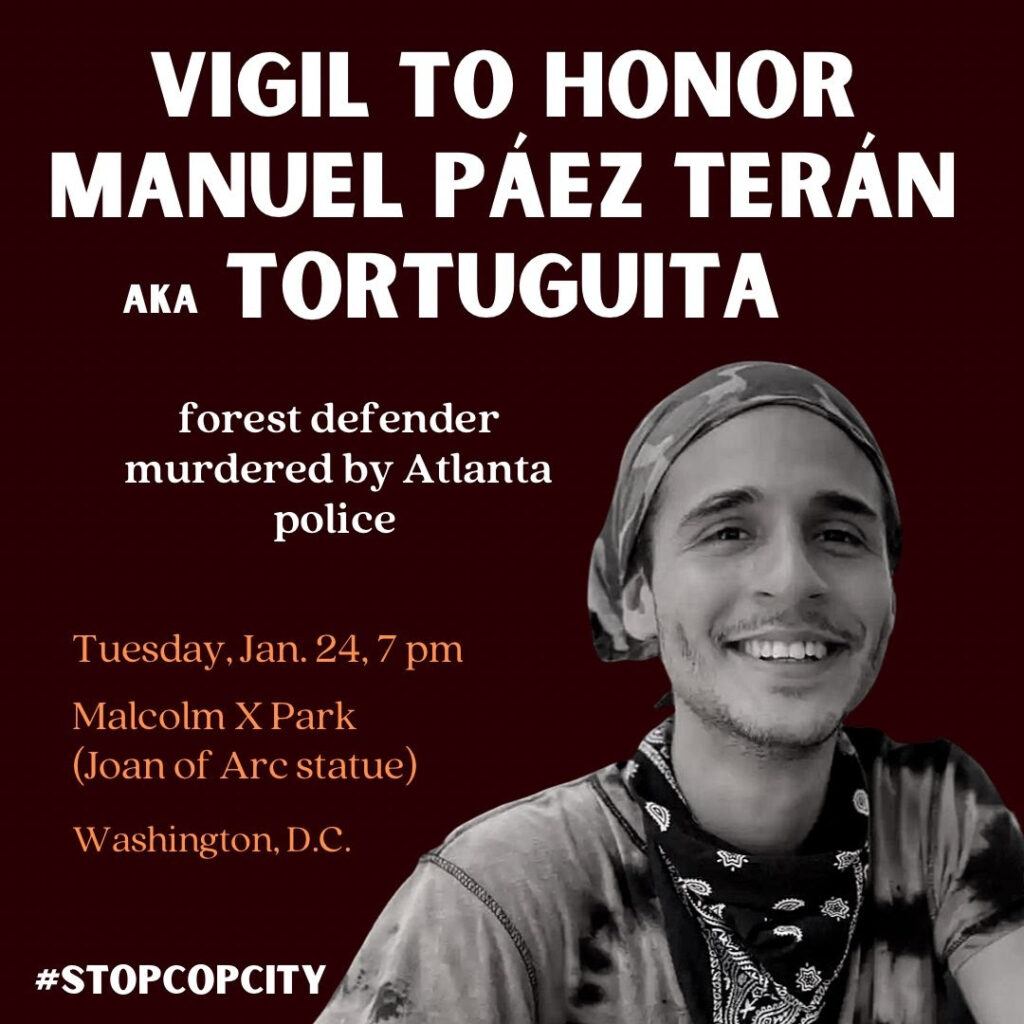Petitions;
Complaining about rights violations within the treaty-based system
The ability of individuals to complain about the violation of their rights in an international arena brings real meaning to the rights contained in the human rights treaties.
Step-by-Step Guide to bringing a complaint (PROBLEMATIC, correction coming soon)
.pdf file (download): Please fill out the complaint procedure form if you consider that your complaint meets the treaty criteria.
UN web site: Human Rights Council Complaint Procedure
UN web site: Working with the United Nations Human Rights Programme: A Handbook for Civil Society
.pdf file: Working with the United Nations Human Rights Programme (A Handbook for Movements/Civil Society Groups)
UN web site: UN Training Package on Reporting to the United Nations Human Rights Treaty Bodies
Treaty Criteria
There are three main procedures for bringing complaints of violations of the provisions of the human rights treaties before the human rights treaty bodies:
Anyone can lodge a complaint with a Committee:
- That is party to the treaty in question (through ratification or accession) providing for the rights which have allegedly been violated;
- That accepted the Committee’s competence to examine individual complaints, either through ratification or accession to an Optional Protocol (in the case of ICCPR, CEDAW, CRPD, ICESCR and CRC) or by making a declaration to that effect under a specific article of the Convention (in the case of CERD, CAT, CED and CMW).
- Complaints may also be brought by third parties on behalf of individuals, provided they have given their written consent (without requirement as to its specific form). In certain cases, a third party may bring a case without such consent, for example, where a person is in prison without access to the outside world or is a victim of an enforced disappearance. In such cases, the author of the complaint should state clearly why such consent cannot be provided.
- More information on how to complain under the treaty bodies’ complaint procedures.
- Informal guidance note by the secretariat for the States parties on procedures for the submission and consideration by treaty bodies of individual communications E | R | S
- state-to-state complaints; Several of the human rights treaties contain provisions to allow for State parties to complain to the relevant treaty body (Committee) about alleged violations of the treaty by another State party.
- inquiries. This procedure may be initiated if the Committee receives reliable information indicating that the rights contained in the Convention it monitors are being systematically violated by the State party. The inquiry procedure is confidential and the cooperation of the State party shall be sought at all stages of the proceedings.
- UN web site: Human Rights Bodies – Complaints Procedures
US treaty bodies, current
Core International Human Rights Treaties & associated monitoring bodies
⭐Convention on the Elimination of All Forms of Racial Discrimination (full text of treaty)
- Committee on the Elimination of All Forms of Racial Discrimination (CERD) | monitoring body
- individual communications or groups of individuals within its jurisdiction ;
- state-to-state complaints; Several of the human rights treaties contain provisions to allow for State parties to complain to the relevant treaty body (Committee) about alleged violations of the treaty by another State party.
The Committee on the Elimination of Racial Discrimination (CERD) is the body of independent experts that monitors implementation of the Convention on the Elimination of All Forms of Racial Discrimination by its State parties.
US is obliged to submit regular reports to the Committee on how the rights are being implemented. US must report initially one year after acceding to the Convention and then every two years. The Committee examines each report and addresses its concerns and recommendations to the State party in the form of “concluding observations”.
In addition to the reporting procedure, the Convention establishes three other mechanisms through which the Committee performs its monitoring functions: the early-warning procedure, the examination of inter-state complaints and the examination of individual complaints.
(*** with reference to article 22 of the Convention, before any dispute to which the United States is a party may be submitted to the jurisdiction of the International Court of Justice under this article, the specific consent of the United States is required in each case. II. The Senate’s advice and consent is subject to the following understanding, which shall apply to the obligations of the United States under this Convention: That the United States understands that this Convention shall be implemented by the Federal Government to the extent that it exercises jurisdiction over the matters covered therein, and otherwise by the state and local governments. To the extent that state and local governments exercise jurisdiction over such matters, the Federal Government shall, as necessary, take appropriate measures to ensure the fulfilment of this Convention.)
Convention against Torture and Other Cruel, Inhuman or Degrading Treatment or Punishment (full text of treaty)
The Committee against Torture (CAT) | monitoring body
CAT may consider state-to-state complaints alleging violations of the rights set out in the Convention against Torture and Other Cruel, Inhuman or Degrading Treatment or Punishment (treaty) by States parties who have made the necessary declaration under article 21 of the Convention;
- Committee against Torture (CAT) | monitoring body
- state-to-state complaints allowed
- individual complaints not considered because the US has not made the necessary declaration to the UN (article 22 of the convention)
Convention on the Rights of the Child
- The US has not ratified the Convention on the Rights of the Child, but has ratified two optional protocols
- Optional Protocol to the Convention on the Rights of the Child on the involvement of children in armed conflict (CRC-OP-AC)
- Optional Protocol to the Convention on the Rights of the Child on the sale of children child prostitution and child pornography (CRC-OP-SC)
The Committee on the Rights of the Child (CRC) | monitoring body
CRC may consider individual communications alleging violations of the Convention on the Rights of the Child or its two first Optional Protocols on the sale of children, child prostitution and child pornography (OPSC), and on the involvement of children in armed conflict (OPAC) by State Parties to the Third Optional Protocol on a communications procedure (OPIC).
International Covenant on Civil and Political Rights (treaty)
- Committee on Civil and Political Rights (CCPR) | monitoring body
CERD, CCPR and CRC: Articles 11-13 ICERD, articles 41-43 ICCPR set out a more elaborate procedure for the resolution of disputes between States parties over a State’s fulfilment of its obligations under the relevant Convention/Covenant through the establishment of an ad hoc Conciliation Commission. The procedure normally applies to all States parties to ICERD, but applies only to States parties to the ICCPR and CRC which have made a declaration accepting the competence of the relevant Committees in this regard.







